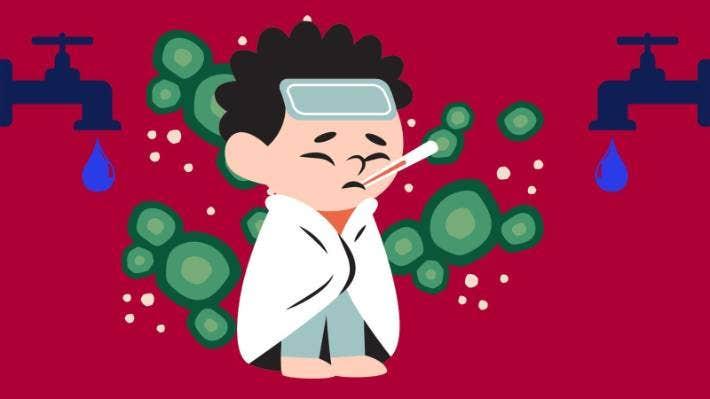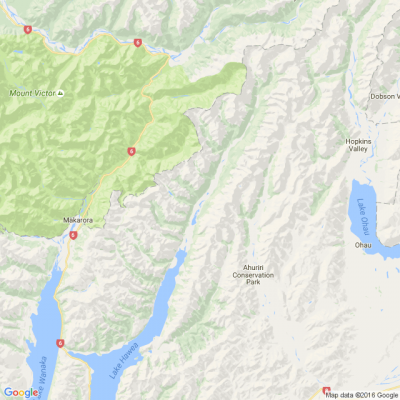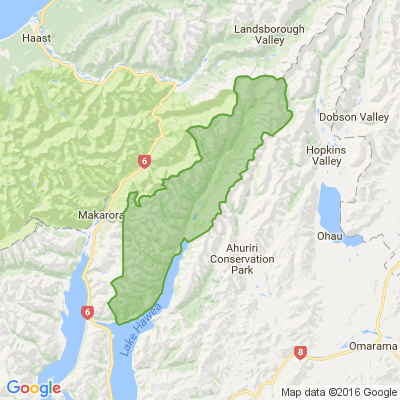What do I need to know about the gastro bug in Queenstown?
When Queenstown Lakes District Council warned residents to boil water on Monday, there had been eight confirmed cases of cryptosporidium in the area. The next day that had almost doubled to 15.
There is no confirmed link to the water supply, but it cannot be ruled out as the source, the local council says, so we got the low down from a parasite expert on what exactly the gastro bug is, and what could be in store if you’ve accidently been guzzling infected water.
Is cryptosporidium really that bad?
It’s definitely a grim disease, says Otago University parasitologist Bruce Russell. It’s a gut parasite that can affect animals and humans and while it’s resistant to chlorine, it can be quashed by boiling water.
It’s passed on in the faeces of infected animals and humans, and people become infected, often through water contaminated by infected animal or human faeces.
Cryptosporidium cases tend to spike at the beginning of lambing season, largely from people handling the animals and winding up with, “sheep poo” all over you.
In fact, he says, a lot of farmers get the disease from direct contact with animals. Cases occur year-round in New Zealand, but particularly in the spring. While Russell says cryptosporidium is something that “hangs about in New Zealand all the time”, outbreaks, like what is happening in Queenstown at the moment, are “a bit different”.
How could it have got in the water supply?
If it is coming through the water supply it’s likely because, “a large quantity of infected poop is being washed into the waterways and the dam reservoir". “It’s a tough parasite to deal with”.
I accidently drank water from the tap, should I freak out?
Unfortunately, says Russell, there’s not a lot you can do, now but wait, boil water from now on and hope you don’t get sick.
If I do get the bug, just how bad will it get?
The good news is, if you’re healthy and fit it’s often not, “that bad of a disease”, but you may still feel pretty rough. It depends on the person, too. Russell has also had a few colleagues come down with it before who, “looked pretty wasted by it”.
What about my kids?
Unfortunately the population to “watch out for” are kids aged 1-4, who dehydrate quickly with diarrhoea. Russell says people should definitely seek medical attention for the kids if they develop symptoms. The other high risk population are immuno-compromised people, which this type of disease can “wreak havoc” on.
Just how long does the ‘grim’ disease last?
You’re probably going to be feeling pretty rough for about a week.
Is there a cure or vaccine?
There are no drugs or vaccines for cryptosporidium. Being a parasite, “these things are difficult to get drugs and vaccines for,” he says.
I drank water yesterday. How long until I know I’m safe?
This can depend on the person, says Russell, but most people will be waiting for about five days before they know if they’re sick.
OK, so it’s a gastro bug, what exactly are we talking about here?
After a few days people will, “start to feel a bit uncomfortable in the stomach”. Early symptoms include cramps, then people will start to feel a bit uncomfortable in the stomach. Cramps and fever are also early sign. Most cases will have “watery diarrhoea” and severe cases can also include vomiting.
How can I make myself feel better?
Russell says if you do get sick, it’s important to keep hydrated and take electrolytes. And “stay near the toilet”. Severe cases may need a drip to replace fluids.
Do I have to go to hospital?
If you come down with cryptosporidium, Russell says you should definitely see your GP or health provider.
“It’s a notifiable disease in New Zealand, so it’s important for our community that we know what’s going on.
“People that seek medical attention are real heroes, risking the trip to the hospital or GP to get treated,” he says.
“It can be a tough disease. Anyone who’s had it knows, one minute you might need to make a run for it.”

Time to Tickle Your Thinker 🧠
If a zookeeper had 100 pairs of animals in her zoo, and two pairs of babies are born for each one of the original animals, then (sadly) 23 animals don’t survive, how many animals do you have left in total?
Do you think you know the answer? Simply 'Like' this post and we'll post the answer in the comments below at 2pm on the day!
Want to stop seeing these in your newsfeed? No worries! Simply head here and click once on the Following button.

Have you got New Zealand's best shed? Show us and win!
Once again, Resene and NZ Gardener are on the hunt for New Zealand’s best shed! Send in the photos and the stories behind your man caves, she sheds, clever upcycled spaces, potty potting sheds and colourful chicken coops. The Resene Shed of the Year 2026 winner receives $1000 Resene ColorShop voucher, a $908 large Vegepod Starter Pack and a one-year subscription to NZ Gardener. To enter, tell us in writing (no more than 500 words) why your garden shed is New Zealand’s best, and send up to five high-quality photos by email to mailbox@nzgardener.co.nz. Entries close February 23, 2026.

🎉The Riddler wants to hear from you 🫵
🧩 Got a riddle that can stump your Neighbourly community? Share your brain teasers with us and watch your neighbours scratch their heads 😕🤔❓
Send us your tricky puzzles!







 Loading…
Loading…